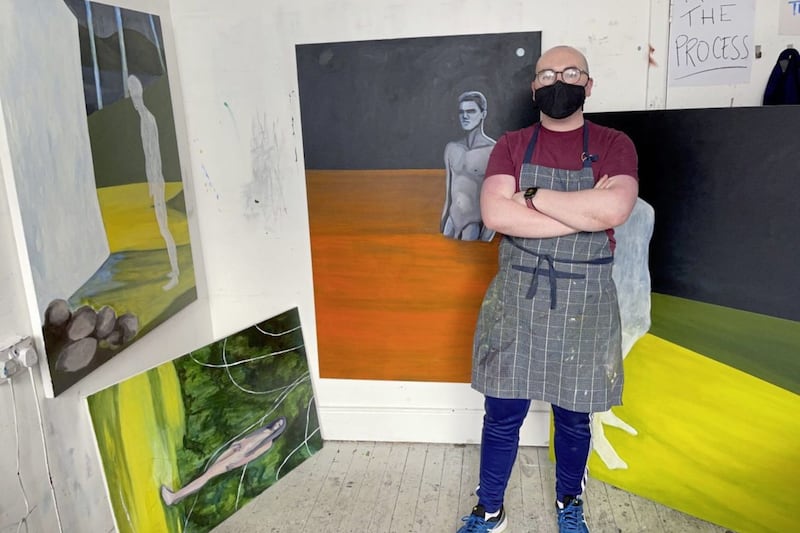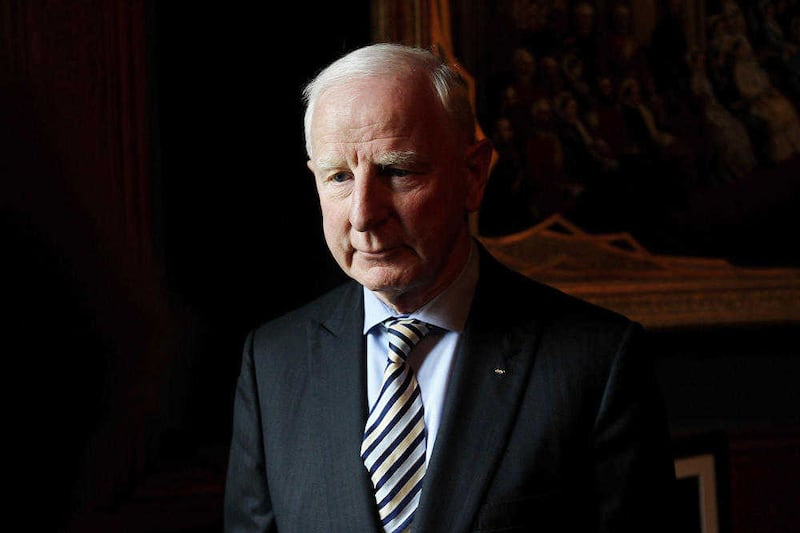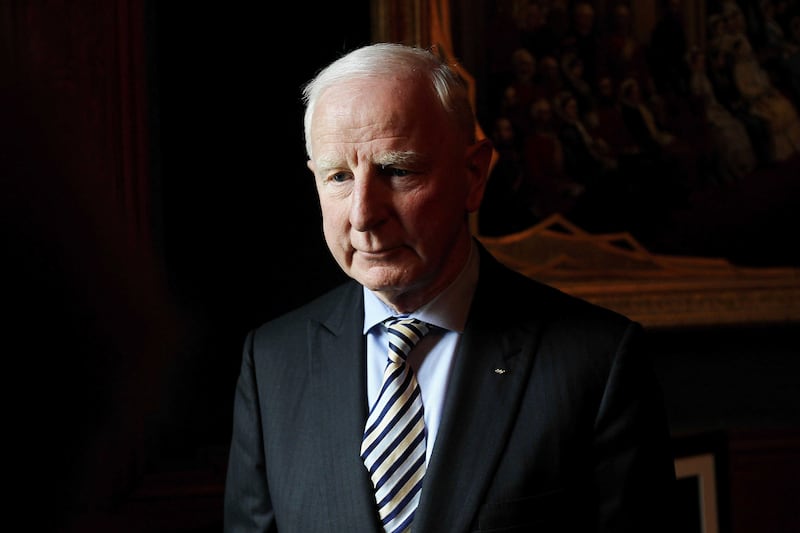AS Irish Olympic chief Pat Hickey stands down from his roles in international sports governance after being arrested in Rio, the black belt in judo has been grappling at the top of sports governance in Ireland for three decades.
His steady progression up the Olympic ranks is as much down to his political nous and dogged determination as his networking with counterparts overseas.
And his martial arts skills might give some clue to his combative nature when backed into a corner by politicians and rivals.
Mr Hickey competed at international level in judo for Ireland but it was his power plays when he hit the heights of Olympic governance that set him out.
Key to that success was recognising before others that minority sports held as many votes on the Olympic council as the big crowd pullers.
One of the proudest moments in that long career came last year at the inaugural European Games in Baku, the capital of oil-rich Azerbaijan.
Mr Hickey, 71, and from Phibsborough in Dublin, had made it his goal, or "legacy", as he put it in an interview last year.
As president of the Olympic Council of Ireland he revelled in the moment as he opened the games in front of heads of state from across the continent and thousands of athletes.
A lot of his success and popularity ahead of Baku stemmed from his role on the European Olympic Committee in the 1990s following the break-up of the Soviet Union.
His work with emerging nations in eastern Europe paid off and many stayed loyal to him over the last two decades.
Mr Hickey conceded the European Games was not his brainchild but it was his ability to manoeuvre through the highly politicised world of sport that got it over the line.
Those persuasive techniques were parked on a few occasions in favour of a bit of judo katame-waza when faced with a challenge to his authority.
In his 28 years in the OCI he has faced down several names in Irish politics and sport.
Lord Coe, president of the International Association of Athletics Federations (IAAF), described his Irish counterpart as a "straight-talker".
"What you see is what you get with Pat," he said.
That was no doubt on show when he clashed with Ireland's Sports Minster Shane Ross over the ticketing scandal in Rio on Sunday night.
Mr Ross was apparently stunned by the OCI chief's attitude and refusal to put an independent figure on its internal inquiry.
Mr Hickey claimed it had been a good meeting and invited the minister to dinner.
No stranger to fighting his corner, Mr Ross could have learned from the treatment of his predecessors.
Mr Hickey clashed with a former sports minister in the Irish Government over accreditation for the Sydney games in 2000.
He also refused to back down when faced with criticism over sports funding and governance in the 1990s and more recently when the Irish Sports Council was created and wanted to take more control.
Mr Hickey, who had committed to retiring before Rio but stayed on, took a low-profile approach to the ticketing scandal from the outset.
His organisation said it had no knowledge of the first man arrested, Kevin Mallon, a director with hospitality firm THG, which is owned by Ipswich Town FC owner Marcus Evans.
An internal inquiry was launched and Mr Hickey did an interview with RTE in which he set out plans for the OCI probe before warning that he was not a lone ranger in the investigation.
Mr Hickey also urged the International Olympic Committee to sanction any company found to be in breach of ticket selling rules.
He said the tickets were not handled by the OCI and there was "no impropriety" involving himself or the OCI regarding Ireland's allocation for Rio.
Dublin-based company PRO10 handled sales of tickets.
Mr Hickey also said his son Stephen had worked with THG during the London Olympics in 2012 but not since then.






